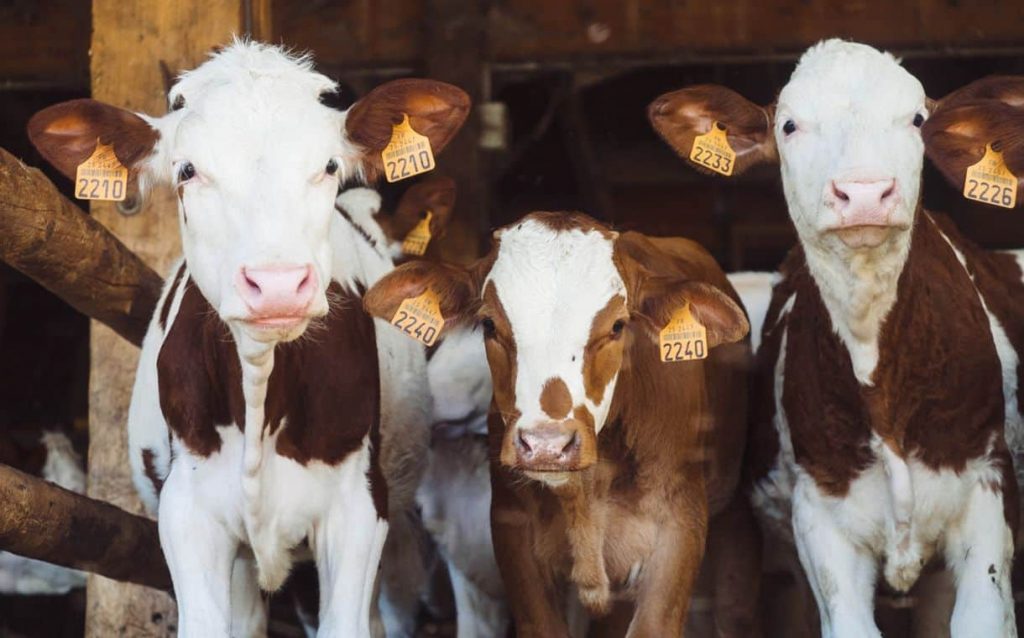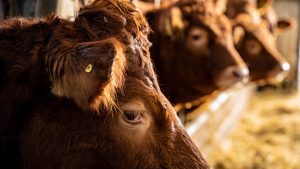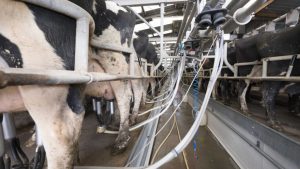
NFU Scotland Expresses “Disappointment” Amidst Carbon Footprint Concerns.
The recently concluded trade deal between the United Kingdom and India has sparked significant disappointment within the UK dairy sector, particularly from NFU Scotland’s Milk Committee Chair, Bruce Mackie. While the agreement may benefit other Scottish industries like distillers, it is perceived to offer minimal advantages to dairy producers and, more critically, poses potential threats, raising concerns for UK agribusiness and dairy economics.
A central point of contention is the stark contrast in dairy market access. The trade deal notably fails to include any tariff reductions for UK dairy exports to India, while, conversely, Indian dairy imports will gain tariff-free access to the UK market. This imbalance is described as a “disappointingly poor negotiation” by the UK Government, creating an uneven playing field for UK dairy farmers in international dairy trade.
The concerns are amplified by a comparison of dairy production scales and environmental impacts. India boasts the world’s largest dairy cow population, with 307.5 million cattle in 2023, yet its average milk yield per cow (under 6.5 litres/day) is significantly lower than the UK’s (30 litres/day for Holstein herds). This implies a substantially larger carbon footprint per kilo of milk produced in India, raising sustainability concerns for potential dairy imports.
While Indian dairy goods currently face challenges in meeting stringent UK Sanitary and Phytosanitary (SPS) standards, the long-term ambition of India to emerge as a major dairy exporter is a serious worry. The prospect of future tariff-free Indian dairy products gaining access to the UK market, despite their potentially higher carbon footprint, is seen as a significant threat to the competitive position and environmental goals of the UK dairy sector.
The article suggests a more logical trade approach: the UK should be actively exporting its nutrient-rich, sustainably produced dairy goods to India. This strategy could not only support India’s nutritional needs but also assist in reducing its overall carbon footprint by promoting more efficient milk production systems. Instead, the current deal risks an increase in the UK’s own carbon footprint by opening the door to potentially less sustainable dairy imports from India.
Source: NFU Scotland: Dairy disappointment at India-UK trade deal
You can now read the most important #news on #eDairyNews #Whatsapp channels!!!
🇺🇸 eDairy News INGLÊS: https://whatsapp.com/channel/0029VaKsjzGDTkJyIN6hcP1K





















